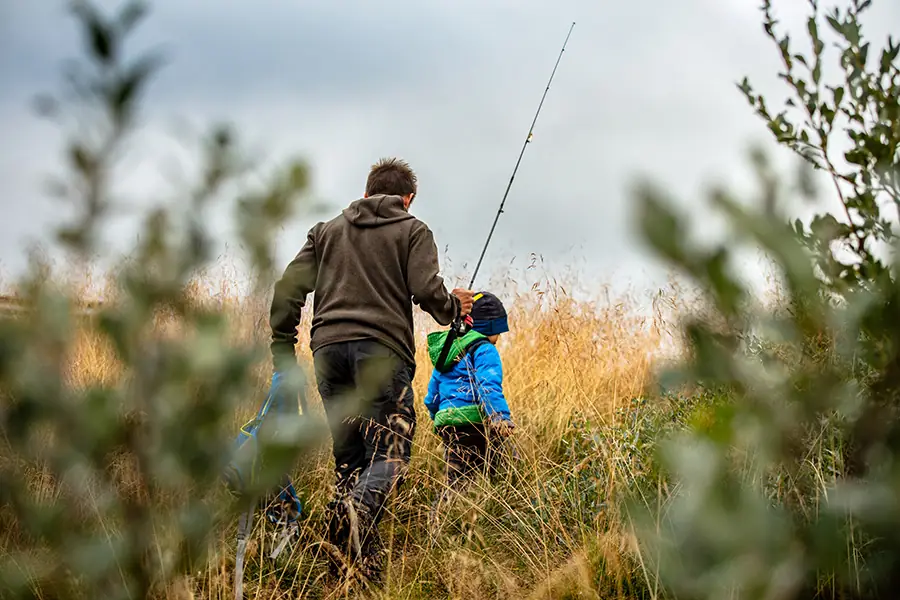
Read the article with FishingTheSpot: the common skate
Keep an eye on this subject!
Thousands of species spotlights and techniques but also all the local information about your city!



Meet other anglers near you and share your fishing fishing trips, afoot or on a boat, at sea or in freshwater
See the fishing tripsThe Common Skate

Not available
Not available
Did you fish
this species this month?
The Common Skate belongs to the Rajidae family. Its average size is 2.85 m for 110 kg of weight. It has a lifespan of 100 years. It breeds in spring to summer. The female can lay up to 40 eggs. They are considered as threatened species by the IUCN or International Union for Conservation of Nature.
The Common Skate has a pointed snout and rhombic shape, with a row of spines along the tail. The upper surface is colored olive-grey to brown with dark or white spot, and the bottom is lighter blue-grey.
The Common Skate lifestyle
The common skate is a bottom feeder. Its diet is composed of clams, crustaceans, snails, oysters, cephalopods, bristle worms, and small to medium-sized fish (such as flatfish, sand eel, monkfish, catsharks, and other skates). Its diet can depend on its size and activity. The bigger it is, the more it is active, the more food it will need.
The Common Skate can live for 100 years and reach sexual maturity at 11 years old. When the Common Skate reach sexual maturity, they reproduce once every two years. They breed in the spring, and during the summer. Females lay about 40 egg cases in sandy or muddy flats. The eggs grow for 2–5 months before hatching.
The Common Skate egg cases measure up to 25 cm long and 15 cm wide. They are covered in close-felted fibers and often appear on the shore. Egg hunts were conducted throughout the general distribution of Common Skate. In the British Isles, egg cases have only been found north of Scotland and Northern Ireland. In the 19th and 20th centuries, egg cases were observed in large numbers along the entire British coast, but today they are found only in a few regions.
The Common Skate Habitat
The basic skate is local toward the upper east Atlantic and Mediterranean Sea. Generally, the species went from Iceland and northern Norway to Madeira and northern Morocco. It is a bottom dwelling animal categories chiefly found at 100–200 m depths. It can be seen in shallow area as 30 m but also in profound area of 1,000 m. They are found in those profundities at the waters off northwestern Scotland and in Celtic Sea, and along the edge of the mainland shelf. Toward the beginning of the twentieth century basic skates had a wide extend around the British Isles. Presently, their populace and range are seriously exhausted and divided, with vanishings being accounted for on a few spots.
The Common Skate Angling
As threatened species and protected by the International Union for the Conservation of Nature, fishing the common skate is prohibited. This species has suffered from overfishing and may vanish if the angling goes on.


